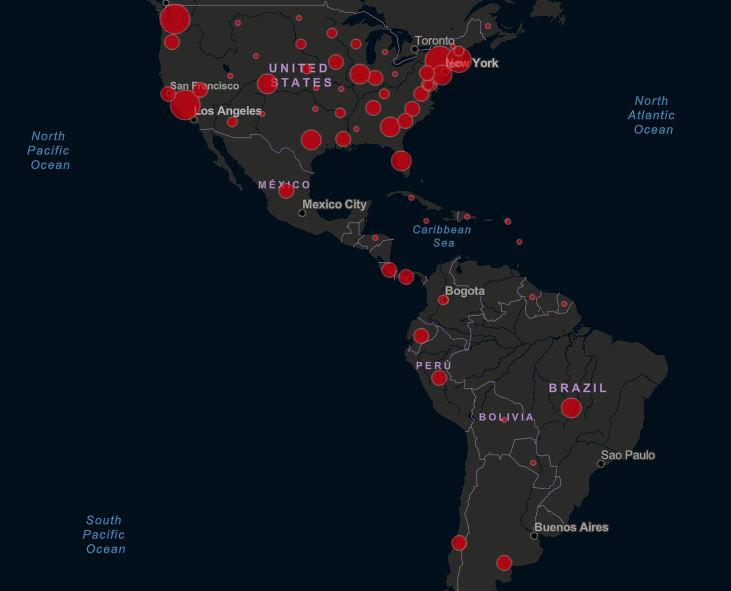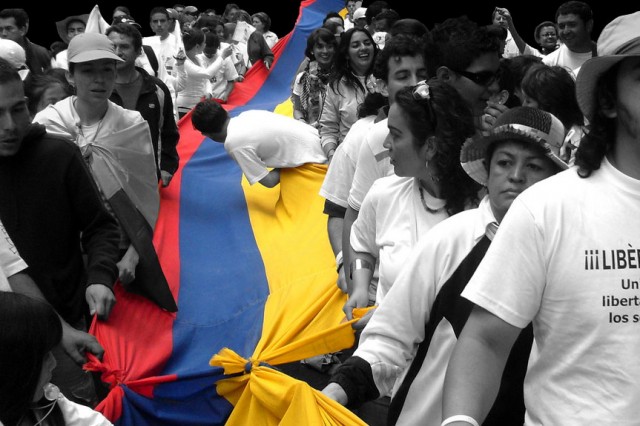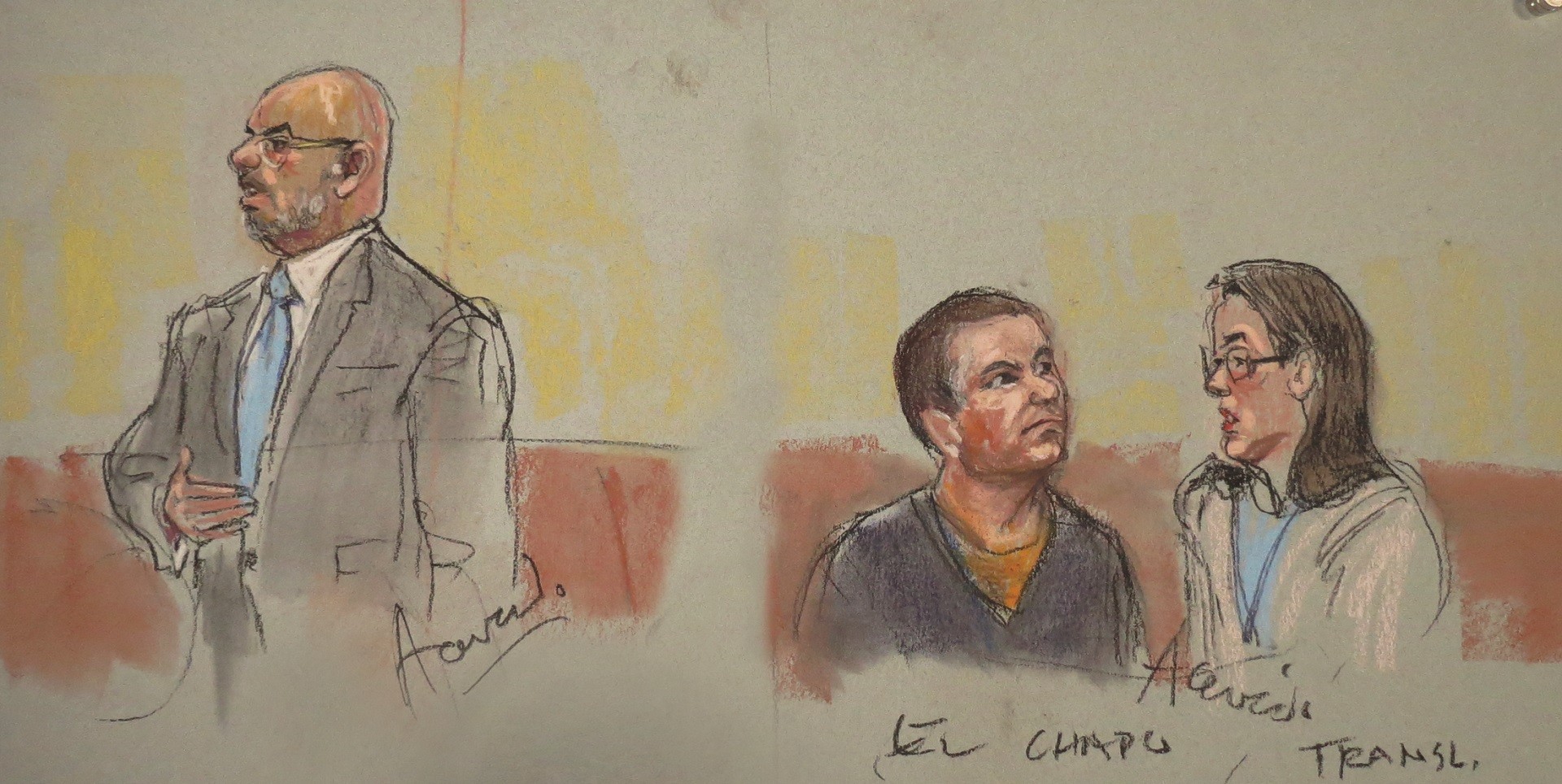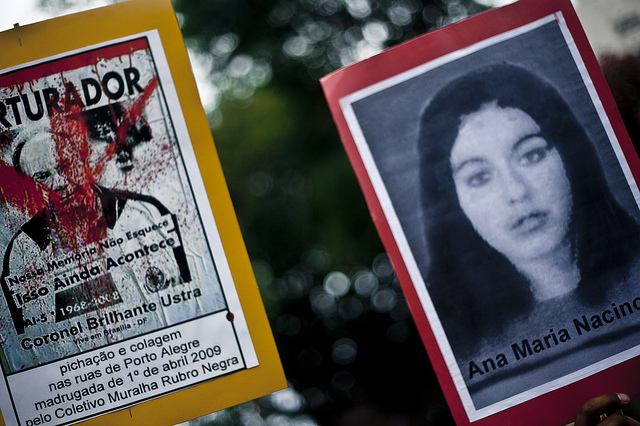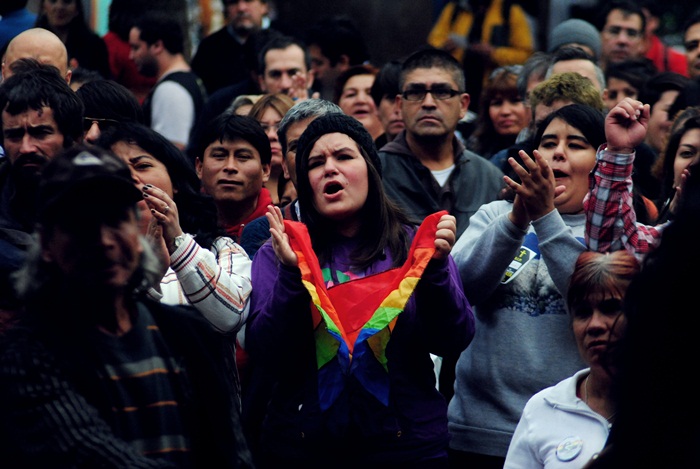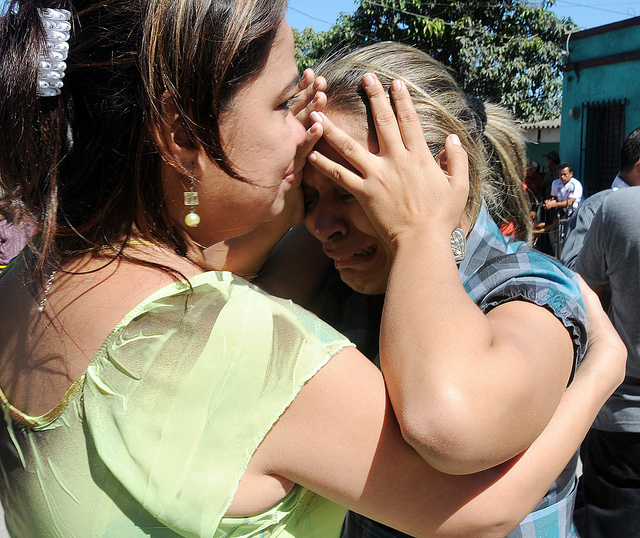
Central America, Honduras, Latin America: Week in Review
Kidnapped Honduran Radio Journalist Found Murdered
May 17, 2012 By Staff
Top Story — Honduran police have arrested a suspect in the murder of kidnapped RHN radio journalist Alfredo Villatoro, whose body was discovered in Tegucigalpa late Tuesday. Villatoro, a prominent Honduran journalist and news director for RHN, was kidnapped early Wednesday on his way to work. His family and colleagues urged Villatoro’s kidnappers to release him unharmed, but he was found shot in the head nearly a week after his disappearance, wearing a police uniform, not the clothing he had on when he was last seen alive. Honduran President Porfirio Lobo went on national television to announce that the government would offer $3 million lempiras, or US $154,000, for information about the murder, but a Security Ministry spokesman declined to give details about the suspect currently in custody. Villatoro was reportedly close to the Honduran president, but the exact motive for his murder remains unclear. Villatoro’s kidnapping occurred only days after another journalist’s body was discovered in Honduras.
Read more from the AP.
Headlines from the Western Hemisphere
North America
- Banners hanging in northern Mexico attributed to the Zetas drug cartel say the gang was not involved in the murder of 49 people whose mutilated bodies were left on a highway in Nuevo Leon.
- Alabama legislators passed a revised version of the state’s controversial immigration bill on Wednesday.
- Mexican soldiers have detained two Mexican generals suspected of ties to drug trafficking rings.
- A 200 year-old shipwreck was discovered in the Gulf of Mexico, according to a press release from NOAA.
Caribbean
- The U.S. Treasury Department has tightened restrictions on non-Cuban American travel to Cuba for educational purposes, making it more difficult for U.S. tourists to visit the island.
- Puerto Rico’s first astronaut, Joseph Acaba, joined a Russian crew on a trip to the International Space Station after blasting off from Kazakhstan.
- Investors from the Clinton Global Initiative are looking to build a new soccer stadium they plan to call the Phoenix Stadium in Haiti’s impoverished Cité Soleil.
Central America
- Guatemalan President Otto Pérez Molina said that the country’s homicide rate for the first four months of 2012 dropped 18 percent from the same period last year, but other statistics seem to refute his claim.
- Women in the municipality of San Julián, El Salvador, have begun a food sovereignty program to help make their communities self-sustaining in the event of drought or floods.
- The children of a Nicaraguan immigrant woman living in the U.S. have sued a California funeral home for mixing up their mother’s body with that of another person and burying her in Califonia, rather than Nicaragua, against her wishes.
Andes
- The Colombian government has offered an award of $500 million pesos (US $279,500) for information about the bomb assassination attempt that killed two people in Bogotá on Tuesday.
- Venezuelan Foreign Minister Nicolas Maduro has stepped in to handle Venezuela’s affairs while President Hugo Chávez receives cancer treatments in Cuba, generating speculation that Maduro will be chosen as Chávez’s successor in the event Chávez can’t run for president.
- The Pakitzapango hydroelectric dam project in Peru, currently stalled in Peruvian Congress, is expected to flood the Ene river valley, displacing the Ashaninka indigenous people.
- The Ecuadoran government has requested that the U.S. return over 3,000 Ecuadorian archaeological artifacts that were in storage at the National Museum of the American Indian in Washington, D.C.
Southern Cone
- Brazilian President Dilma Rousseff is under pressure from international environmental groups, business leaders and the country’s agricultural sector as she decides whether or not to veto revisions to the Brazilian Forest Code that would diminish environmental protections for the Amazon rainforest.
- Sergio Schoklender, a former official for Argentina’s Mothers of the Plaza de Mayo, was charged with embezzling more than $156m from the venerable human rights group. He allegedly used the money to buy property, planes and a Ferrari.
- After over a year of protests for educational reform in Chile, Chileans still pay more out of pocket for higher education than most other countries including the U.S., according to the Organization for Economic Co-operation and Development (OECD).
Image: clasesdeperiodismo @ Flickr.
